Raisin in the Sun, A (1961)
“I’m lookin’ in the mirror this morning and I’m thinkin’, I’m 35 years old, I’m married 11 years, and I got a boy who’s got to sleep
in the living room because I got nothin’ — nothin’ to give him but stories like on how rich white people live.”
|
Synopsis: |
|
Genres, Themes, Actors, and Directors:
Review: It’s heartbreaking to watch each of these characters grappling with challenging constraints, and see the pressures that inevitably arise within a landscape of limited funds and diverse ideas of how to achieve success and happiness. The toxicity of societal racism comes through loud and clear, with John Fiedler’s representative from the “Clybourne Park Improvement Association” (in the family’s intended new neighborhood) embodying the sniveling “new” format through which racial intolerance is communicated. Authentic tension abounds through each of the interwoven narrative sub-strands, ranging from Poitier’s desperate desire to finally break free from his job as a chauffeur and work for himself, to Dee’s angst over bringing a new child into their family, to McNeil’s determination to provide a home for her family, to Sands’ indecision around who to date: her well-to-do suitor George (Louis Gossett Jr.) or a Nigerian classmate (Ivan Dixon) who entices her with visions of exploring her cultural heritage. This engrossing, finely-acted film — which was selected by the Library of Congress in 2005 for preservation in the United States National Film Registry as being “culturally, historically, or aesthetically significant” — remains well worth a look. Notable Performances, Qualities, and Moments:
Must See? Categories
Links: |
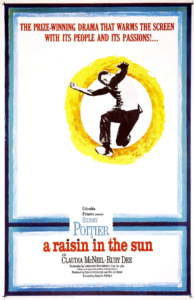
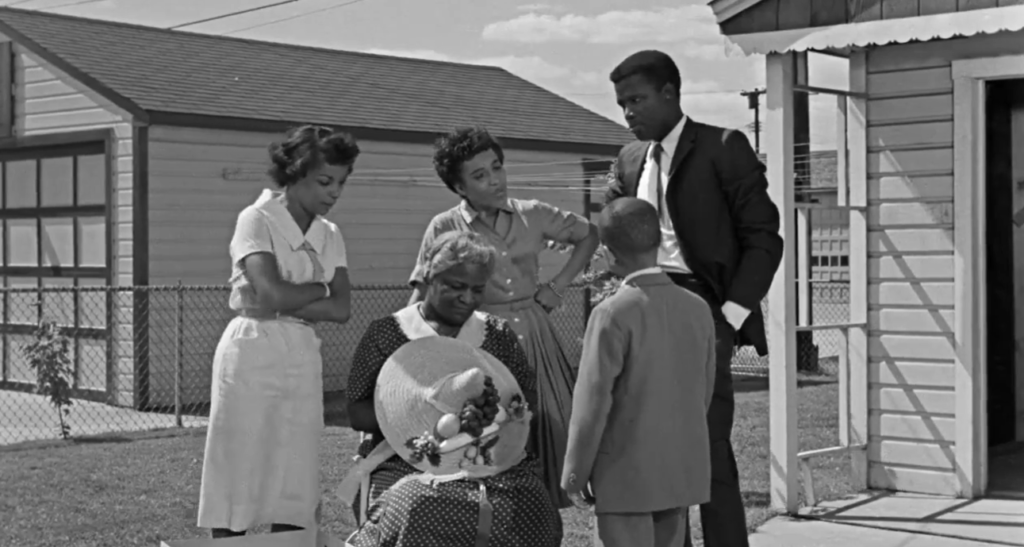
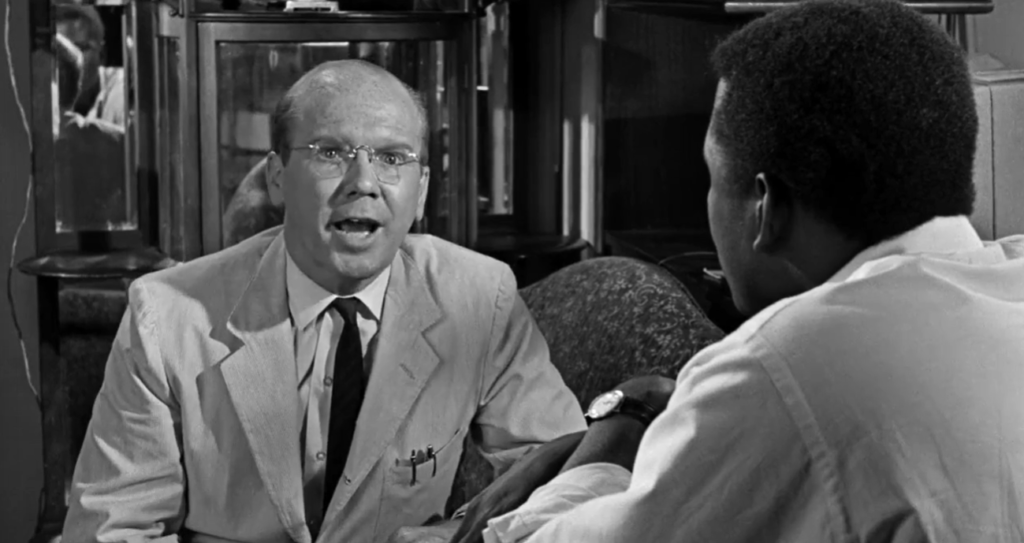
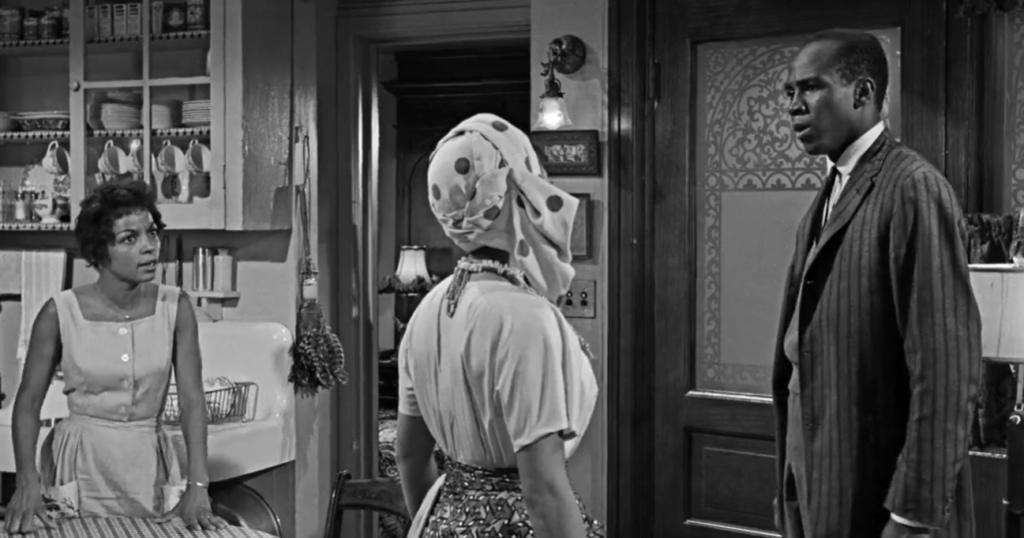
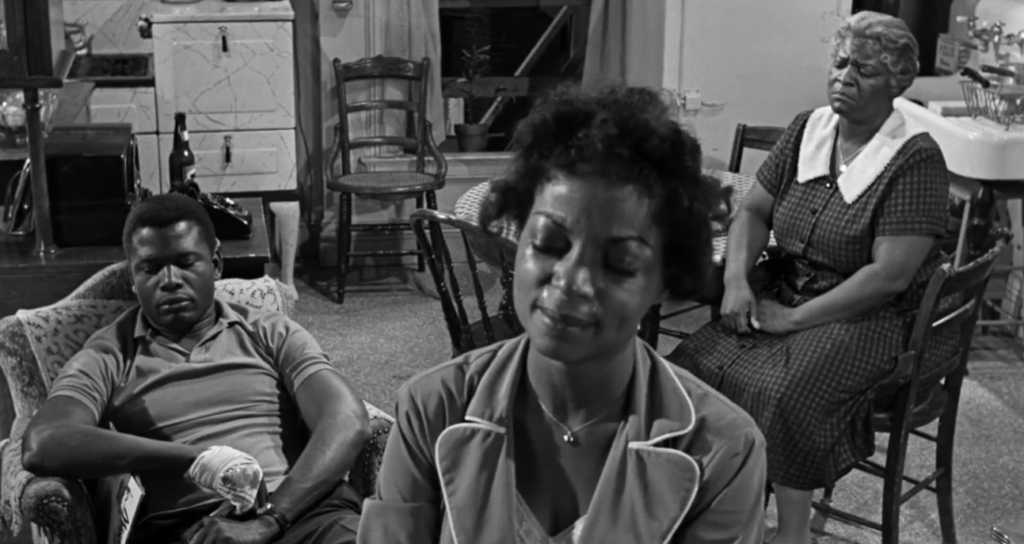
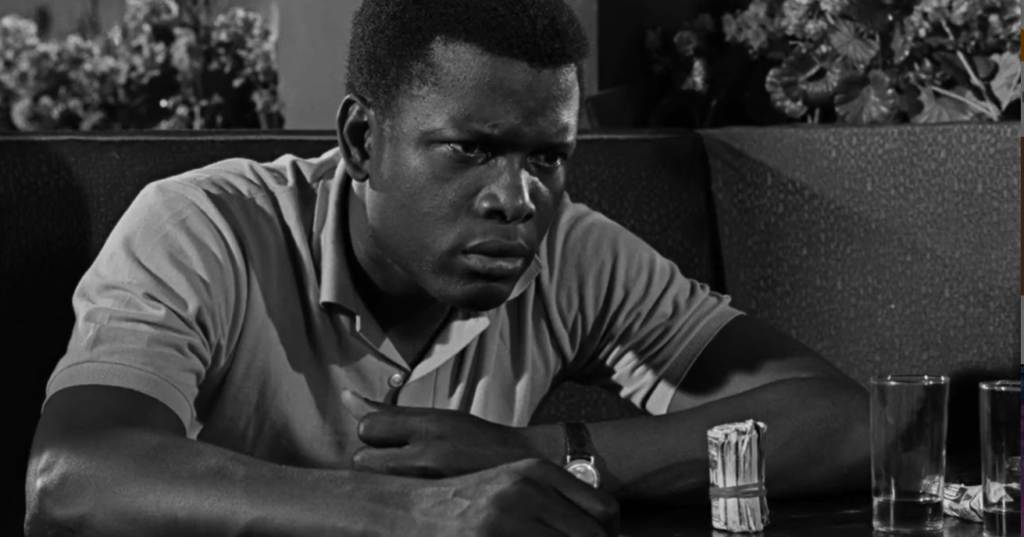
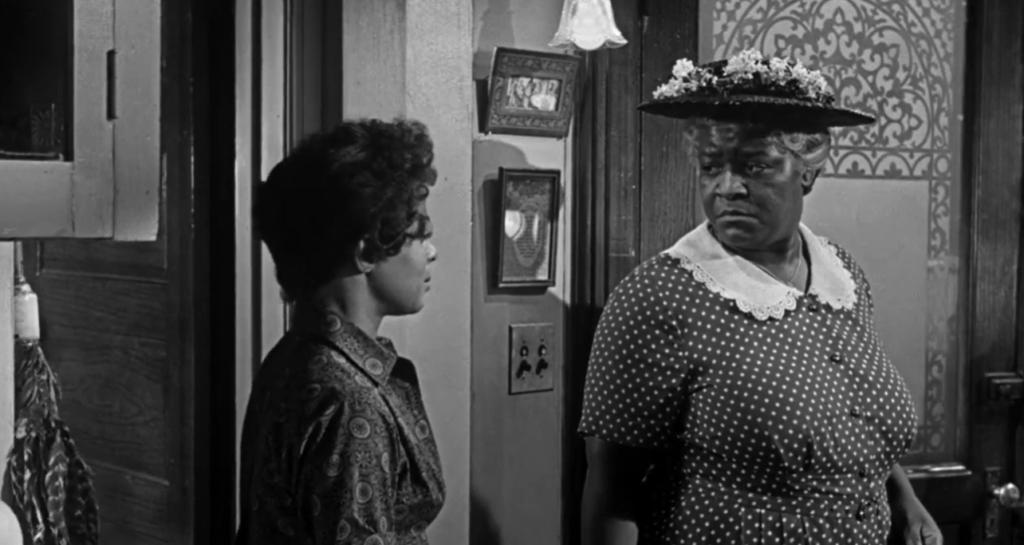
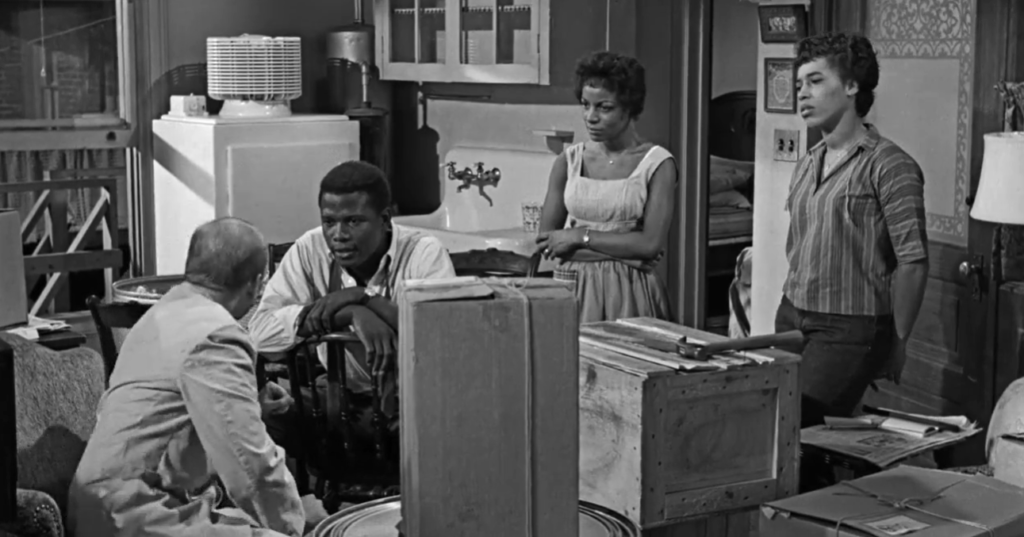
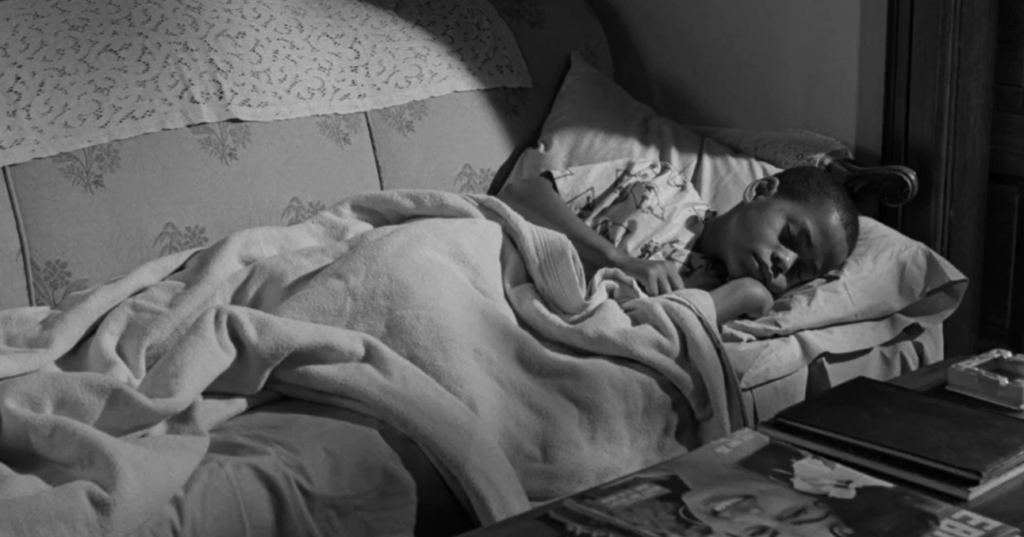
One thought on “Raisin in the Sun, A (1961)”
First viewing (4/22/17). Must-see, for its significance in cinema history – and for Hansberry’s writing, Petrie’s direction and the performances. As posted in ‘Film Junkie’ (fb):
“There’s always something left to love.”
‘A Raisin in the Sun’: Strange that I’ve never seen this 1961 film until now – seems, much as I try to keep up, there are always these little… gaps… in my knowledge of cinema history. A few years back, Bruce Norris wrote a play called ‘Clybourne Park’ – which I wanted to read (and soon will*) because it used part of the plot of Lorraine Hansberry’s play to delve deeper into the issue of racism – something which ‘Raisin’ only touches on (though effectively) in the film’s final 1/2-hour.
Prior to that, it is the story of a family struggle: What will be done with $10,000 of insurance money that comes from a father’s death?
What’s most fascinating (to me, anyway) is Hansberry’s depiction of women. All told, even though they all feel insecure, Hansberry’s female characters are very level-headed and practical – compared with the dreamer of the family, the son (Sidney Poitier, in one of his best performances) who will learn that dreams of ambition can sometimes be things you wake up from in the morning, to find are gone.
Hansberry’s writing is strong and believably human, not really given to drama for its own sake. Since I’d never read the original play, I thought the film was tied up when the family seemed to settle its main problem of an internal lack of communication – but that’s where the story gets even tougher, building to a surprisingly powerful conclusion.
A terrific flick – with wonderful work by Claudia McNeil, Ruby Dee and Diana Sands and a fine supporting cast.
* and now have.